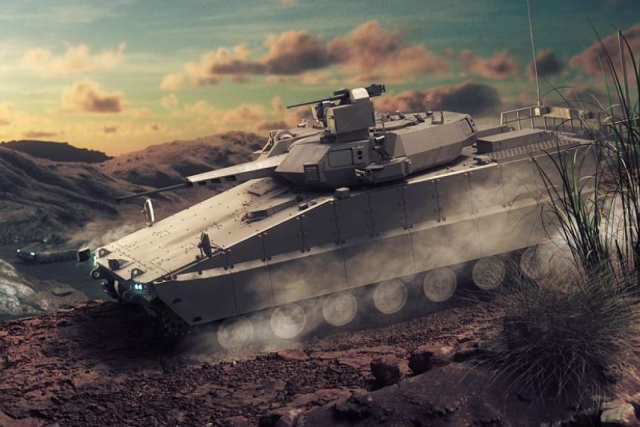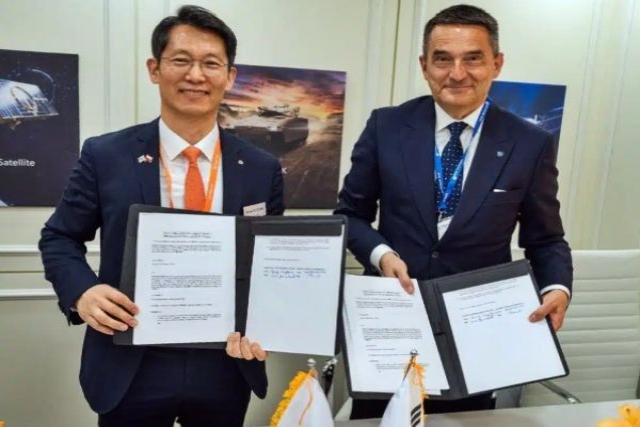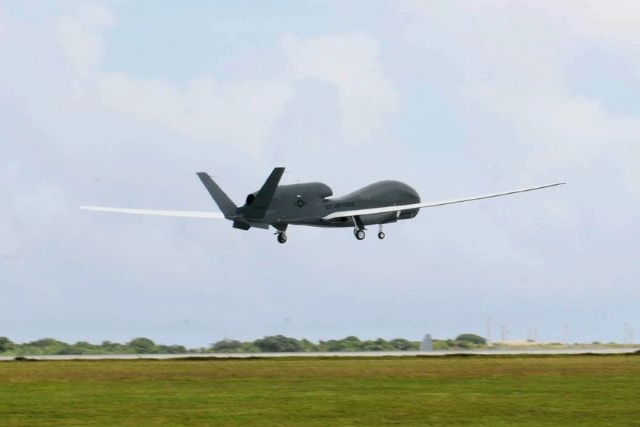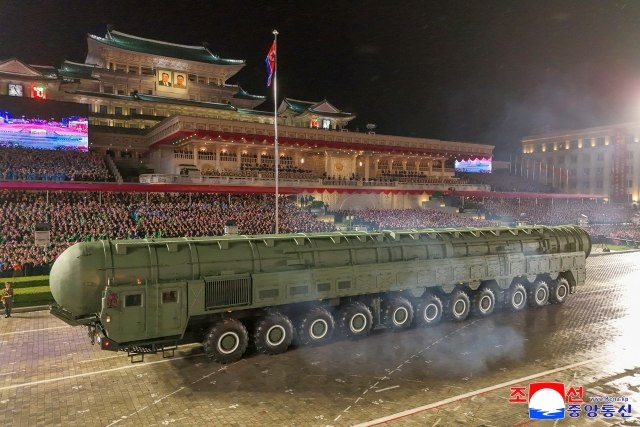Lockheed Martin, Altera Complete Flight Demonstration of Gen12 Electronic Warfare Transceiver
Test Marks a Step for U.S.-Made Microelectronics in Defense Applications
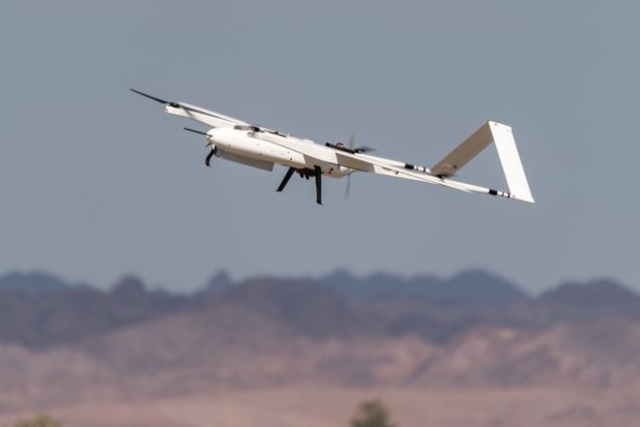
Lockheed Martin, in collaboration with Altera, a subsidiary of Intel, conducted a flight demonstration of the 12th Generation (Gen12) Electronic Warfare (EW) transceiver using Altera’s Agilex 9 Direct RF FPGA.
The project, known as SWIFT (SHIP-enabled Wideband Transceiver Integrated Flight Test), aimed to test the transceiver aboard a Group 2 unmanned aerial vehicle (UAV) within a 12-month timeframe. The flight demonstration took place at the U.S. Army’s Yuma Proving Ground.
The SWIFT project was developed in partnership with the Office of the Under Secretary of Defense for Research and Engineering (OUSD-R&E) as part of efforts to develop electronic warfare technologies using domestically manufactured microelectronics. This was the first demonstration of Lockheed Martin's use of the Altera Direct RF FPGA in a government test setting, proving the readiness of the technology for operational missions. The Gen12 transceiver performed detection, identification, and location of enemy emitters.
The demonstration focused on the Gen12’s capability to perform both Electronic Support (ES) and Electronic Attack (EA) missions using the Sensor Open System Architecture (SOSA). The system was designed to meet size, weight, and power (SWaP) constraints, showcasing potential for integration in various airborne platforms.
This demonstration supports the goals of the OUSD-R&E’s Heterogeneous Integrated Packaging (SHIP) program, which seeks to develop U.S.-made, reliable microelectronics for Department of Defense (DoD) applications.
The flight test was highlighted during an event held at Lockheed Martin’s Global Vision Center in Crystal City, Virginia.
